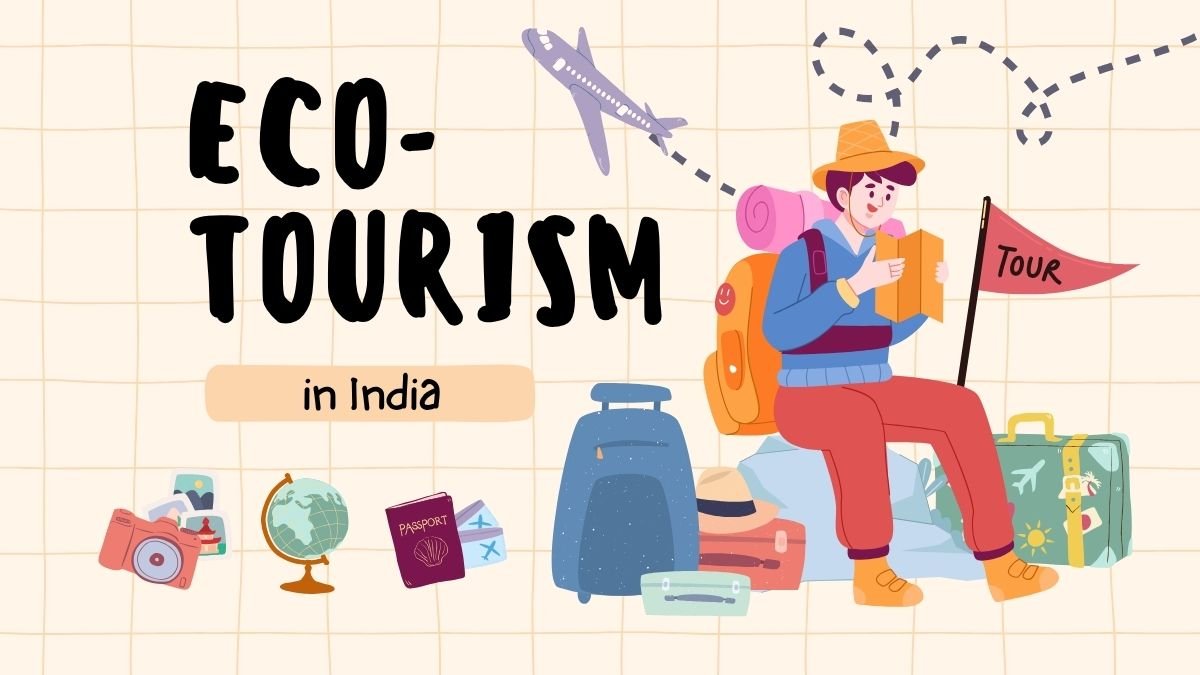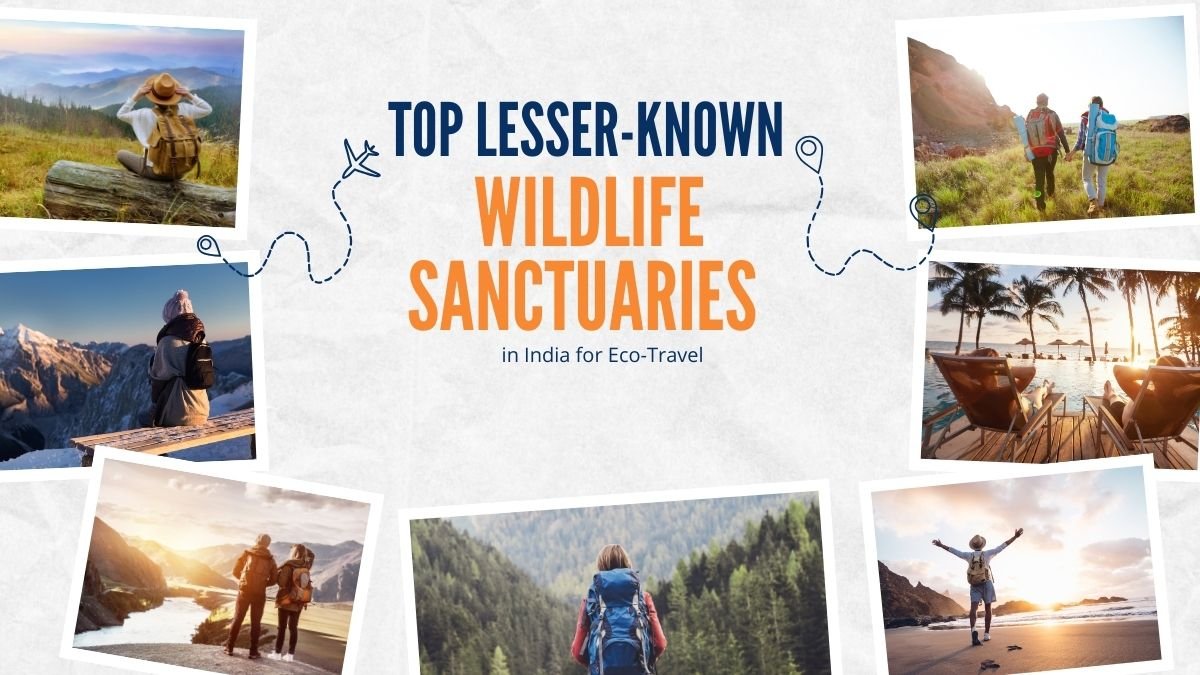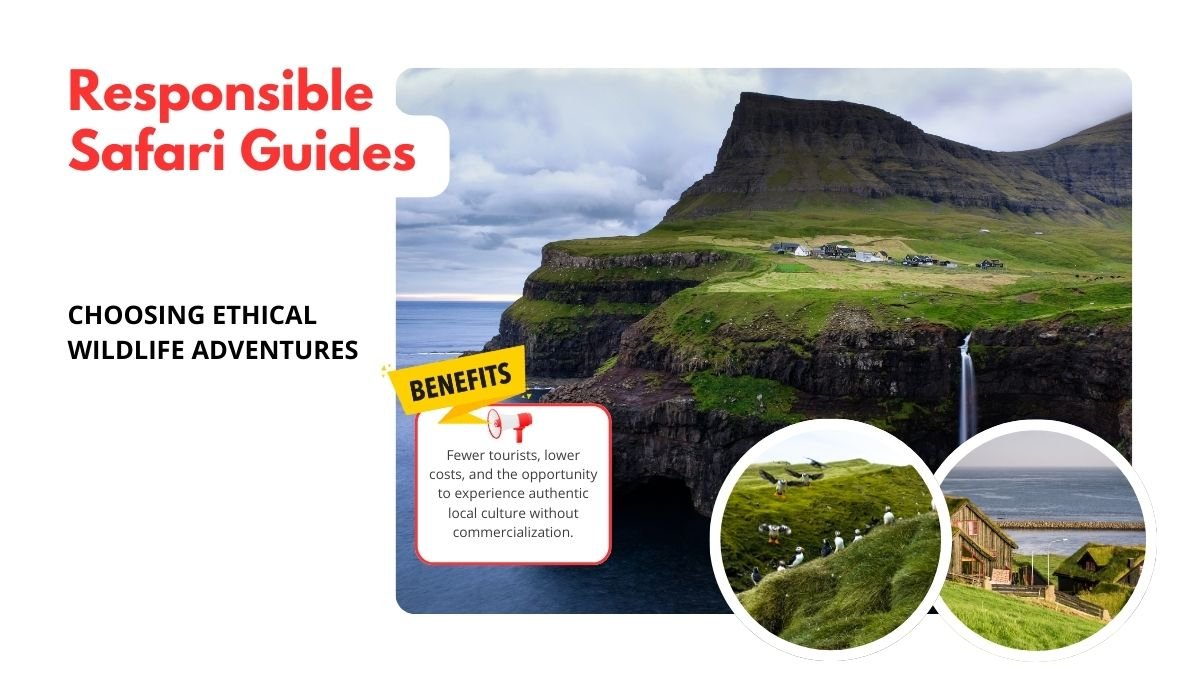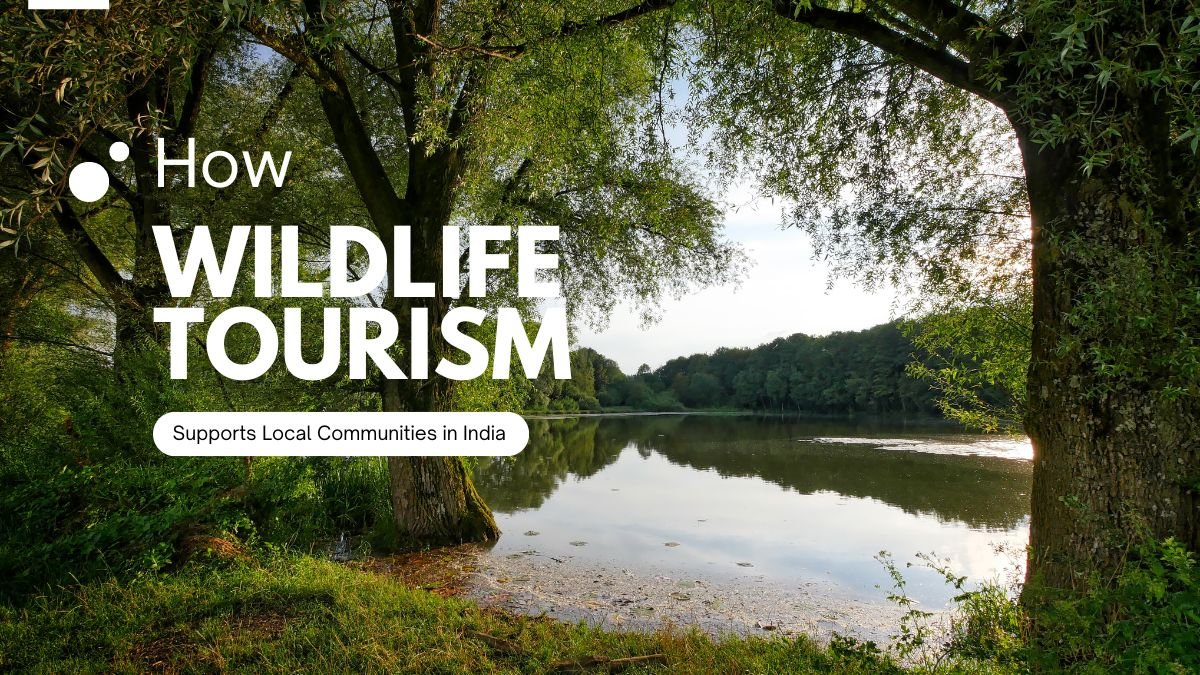Eco-tourism in India: 8 things every traveller should remember
If you are one of those people who love to travel, but at the same time think that your travel should not harm nature, then you have embarked on the path of eco-tourism.
Sustainable travel is being discussed a lot in India these days – and it should be.
You must be thinking – “What is the relation between travel and environment?”
So let us tell you about those 8 simple but effective habits, which will not only make your every trip memorable, but will also do good to the earth.
1. Think a little while choosing a hotel – is it really ‘green’?
Nowadays we book hotels online for travelling, but are we able to see how much that hotel takes care of the environment?
Look at some small signs:
- Are there filters or earthen pots instead of plastic bottles?
- Does the hotel employ local people?
- Does it save electricity – like solar panels, rainwater harvesting?
Suppose you are in Manali or Rishikesh, and you find a hotel that uses natural light instead of electricity, and where the food is cooked by village women – is the experience any less than a 5-star hotel?
2. “Plastic Nahi To Safar Achcha Lagega”
Plastic is the biggest enemy – it goes into the jungles, animals eat it, and rivers fill up. If you want the Ganga to look clean and elephants not to eat plastic in the jungle, take these small steps:
- Carry a steel or BPA-free water bottle with you
- Carry a cloth bag whenever you shop
- Carry a box from home for snacks, better than buying a packet of chips on the way
- Keep the garbage in your bag until you find a dustbin
Story: When I went to Spiti Valley, the children there taught me what real responsibility is by picking up plastic lying on the way.
3. Respect the people wherever you go
The real beauty of India lies in its diversity – every place has a different language, dress, food and customs. If you are going to visit a village or a small town, remember:
- It is normal to take off your shoes in a temple
- Permission is required before taking pictures of any woman or elderly person
- Participating in local festivals, folk dances or fairs will be an experience for you, and support them
Example: Whether it is the Hornbill Festival in Nagaland or the Hemis Festival in Ladakh – be a participant, not just a spectator.
4. Want to buy something? Buy from local
Often while traveling, we shop from big malls or online apps, but the real fun is in the local markets.
- Buy shawls, pottery, bamboo products from local artisans
- Be sure to try pickles, chutneys, and spices made by village women
- If the guide or taxi driver is local, give them preference
The result? The money will remain with the local people, and you will get the real desi taste.
5. Do not spread carbon with your ride
In the name of travel, there is a plethora of flights and everyone has a private car – this increases carbon emissions i.e. pollution a lot.
So why not choose such a journey:
- Take metro, local train, bus
- Do trekking, walk, or rent a bicycle
- If needed, take a taxi – that too in a shared form
Think: If you cycle around a historical city like Hampi, you will not only serve the environment, but will also get to know the place deeply at a slow pace.
6. Know something before traveling – then see the fun doubles
Once a friend said, “I went to Kaziranga, but did not understand anything special.”
When I asked – “Did you see the rhinoceros?”
He said – “I saw it, but I do not know why it is special.”
This is the difference of knowledge.
Where you are going:
- Read about the forests, animals, rivers, mountains – about them
- Understand folklore, history, stories
- Talk to local guides, they will add depth to your experience
7. Help nature – lend a helping hand if you can
Have you ever participated in a tree planting campaign?
Or a clean-up campaign?
If not, try this on your next trip:
- Give preference to tour companies that run initiatives like “1 tree per traveller”
- Donate to local conservation organisations or volunteer your time
- Participate in environmental events or camps
Remember: even a small contribution can sometimes start a big change.
8. Loving animals means observing them in peace
Wildlife is our friend – but friendship does not mean that we disturb them by going into their homes.
- Never feed wild animals
- Do not make noise in jungle safari, keep the mobile flash off
- Do not go out of the trails, this affects their home
- Listen to the guide – he tells you how far to stay, what not to do
Example: In Karnataka’s Bannerghatta Park, many times animals fall sick because of tourists – because people give them food.
Finally – be a partner, not a tourist
Seeing the world is a beautiful experience, but it also comes with responsibility. A beautiful country like India gives us so much – can’t we give something in return?
If you follow these 8 things given above, then you are not only traveling, but you are also starting a better change by becoming a true friend of nature.
Where is your next trip?
If you want, I can also give you eco-tourism tips and local guidance for the same place. Just tell me, and together we will prepare for a sustainable trip.















